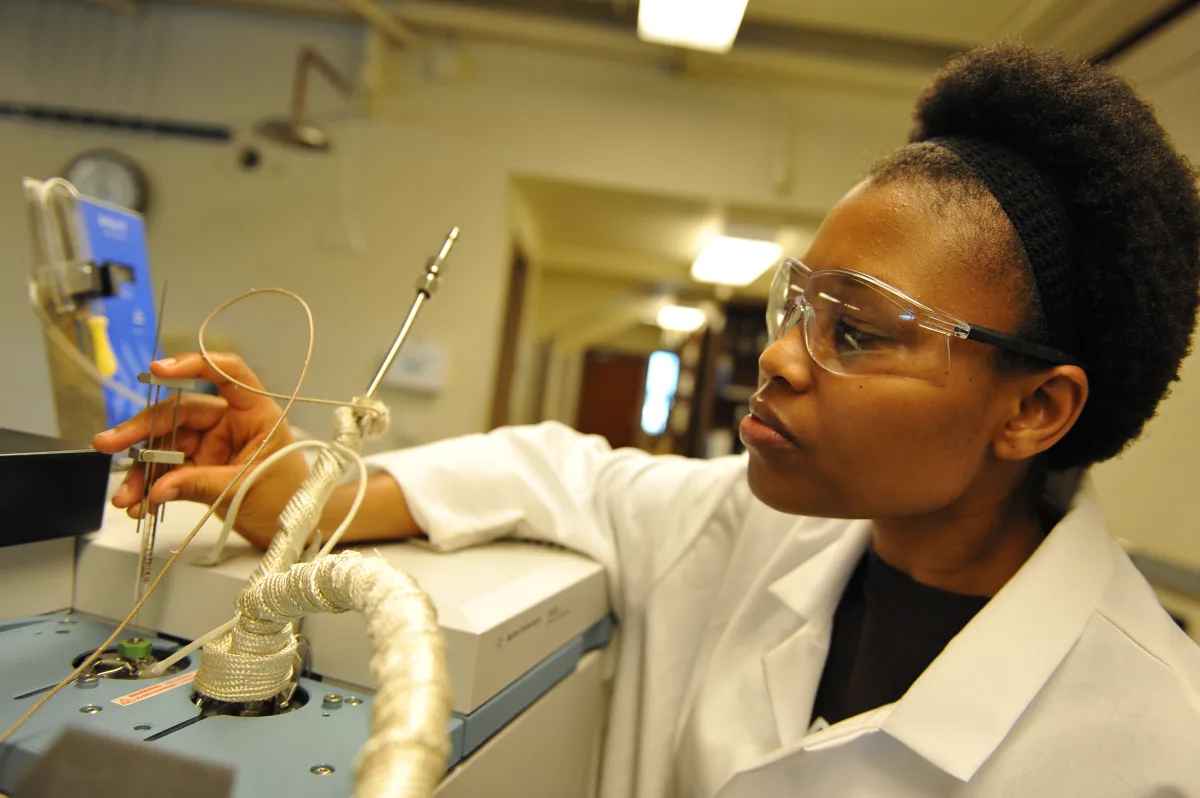Africa’s collaborative push to strengthen scientific research ecosystems

Funding challenges and innovative approaches to resource allocation will be at the heart of discussions this week as leading scientists, funders, policymakers, and think tanks from across Africa convene in Gaborone.
The gathering aims to foster collaboration on critical science, technology, and innovation (STI) issues, bringing together expertise from academia, industry, government, civil society, and intergovernmental organisations.
The 2024 Science Granting Councils Initiative (SGCI) in Sub-Saharan Africa Annual Forum, alongside the Global Research Council’s Sub-Saharan African Regional Meeting, will focus on strengthening national innovation ecosystems.
Discussions will span institutional and policy-based support for STI, while also reflecting on the successes and challenges faced by public funders across the region.
“This gathering exemplifies the power of partnerships,” noted Dr Thandi Mgwebi, one of the forum’s speakers.
“It aligns with the African Union’s Agenda 2063 and the Sustainable Development Goals, serving as a framework for building strong strategic collaborations to support STI development across the continent.”
The conversation often centers on the limited investment by African governments—many of which have yet to meet the AU target of dedicating at least 1% of GDP to research and development.
This is compounded by a heavy reliance on funding from the Global North and limited engagement from the private sector.
But, as Dr Mgwebi and her colleague Dr Fulufhelo Nelwamondo point out, what often goes unnoticed is the resilience of homegrown public funders who, despite scarce resources, have innovated to sustain research and development efforts.
For nearly a decade, the Science Granting Councils Initiative has been strengthening the capacity of public research funders across 17 African countries.
Launched in 2015, the SGCI has facilitated partnerships among entities such as Kenya, Uganda, Nigeria, Senegal, and Botswana, supported by funders like the UK’s FCDO, Canada’s IDRC, and Germany’s DFG.
Together, these stakeholders have fostered a resilient and interconnected research ecosystem across Africa.
“Our collaborative efforts have advanced knowledge and human capital while addressing pressing societal challenges,” added Dr Nelwamondo.
“We have built a shared understanding of leveraging scientific and political proximity to bolster Africa’s research funding resilience.”
The initiative has also worked to increase visibility for African public funders, positioning them as preferred partners on both regional and global stages.
Notable projects include the O.R. Tambo Africa Research Chairs Initiative, the Africa-Japan Collaborative Research on Environmental Science, and the Europe-Africa WEF-Nexus Multilateral Programme.
These efforts illustrate the strength of South-South and triangular collaborations.
In an increasingly complex global landscape, African research funders are demonstrating their commitment to shaping the continent’s science agenda and influencing global science conversations.
Through innovative financing models and strategic partnerships, they are driving impactful science that addresses today’s challenges and contributes to Africa’s development aspirations.
About The Author
dailymailafric
I am an avid African news observer, and an active member of Daily Mail Africa.
I’m Passionate about staying informed on diverse topics across the continent,
I actively contribute to publishing on political, economic and cultural developments in Africa.



